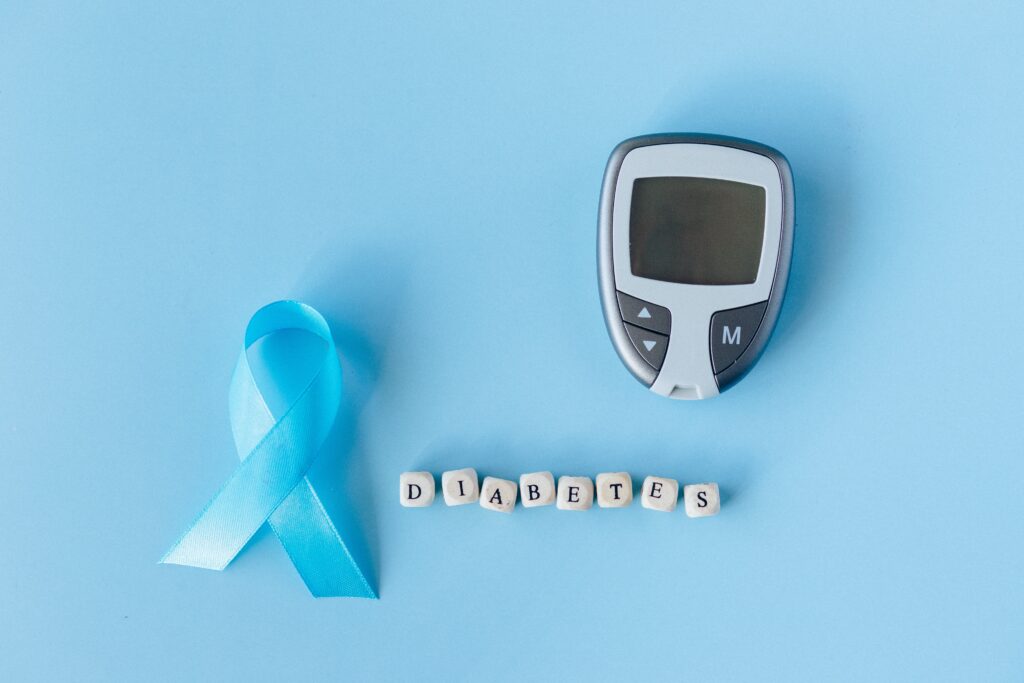Type 2 diabetes is a chronic disease affecting blood glucose regulation. It can cause several complications, such as heart disease, stroke, and kidney disease.

Managing type 2 diabetes effectively is crucial for preventing complications and maintaining overall health.
Here are some key steps you can take to prevent complications from type 2 diabetes:
- Maintain a healthy lifestyle:
Follow a balanced diet: Opt for a diet rich in fruits, vegetables, whole grains, lean proteins, and healthy fats. Limit your intake of sugary and processed foods.
Control portion sizes: Be mindful of your portion sizes to manage your blood sugar levels effectively.
Exercise regularly: Engage in physical activity for at least 150 minutes per week. Choose activities you enjoy, such as walking, cycling, swimming, or dancing.
Maintain a healthy weight: Losing excess weight and maintaining a healthy weight can improve your insulin sensitivity and blood sugar control.
- Monitor blood sugar levels:
Regularly check your blood sugar levels as advised by your healthcare provider. This helps you understand how certain foods, activities, and medications affect your blood sugar.
Use a glucose meter or continuous glucose monitoring (CGM) system to track your levels accurately.
Work with your healthcare provider to set target ranges for blood sugar control.
- Take medications as prescribed:
Follow your healthcare provider’s instructions regarding medication. This may include oral medications, injectable medications like insulin, or a combination of both.
Take your medications as prescribed and report any concerns or side effects to your healthcare provider.
- Regular medical check-ups:
Visit your healthcare provider regularly to monitor your diabetes and detect any early signs of complications.
Get your blood pressure, cholesterol, and kidney function checked regularly.
Schedule comprehensive eye exams annually to monitor for diabetic retinopathy.
- Manage blood pressure and cholesterol levels:
High blood pressure and cholesterol can increase the risk of complications. Take steps to manage these conditions through lifestyle modifications and medications, if necessary.
Follow a low-sodium diet, exercise regularly, limit alcohol consumption, and take prescribed medications as advised by your healthcare provider.
- Quit smoking and limit alcohol consumption:
Smoking increases the risk of cardiovascular disease and other complications. Quit smoking and seek support if needed.
Limit alcohol consumption, as it can affect blood sugar control and increase the risk of complications.
- Practice good foot care:
Inspect your feet regularly for any cuts, sores, or infections. Report any issues to your healthcare provider.
Keep your feet clean and dry, and wear comfortable, well-fitting shoes.
- Manage stress:
High stress levels can affect blood sugar control. Find healthy ways to manage stress, such as practicing relaxation techniques, engaging in hobbies, and seeking support from friends and family.
Remember, it’s essential to work closely with your healthcare provider to create an individualized management plan that suits your needs. They can provide personalized guidance and support to help you prevent complications and maintain optimal health.
